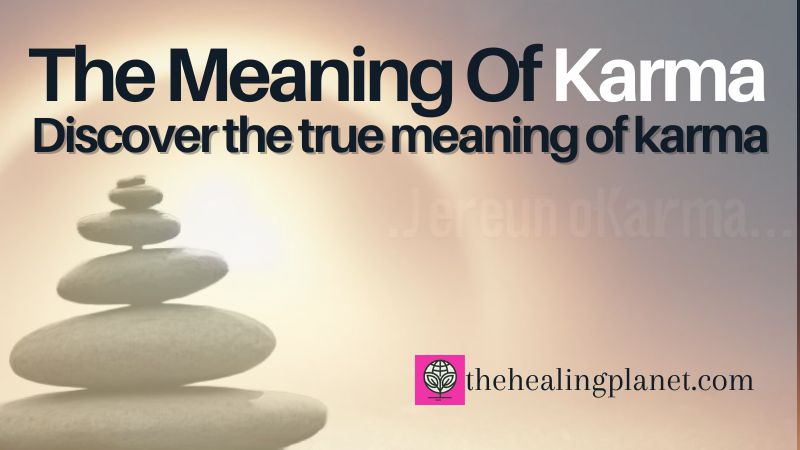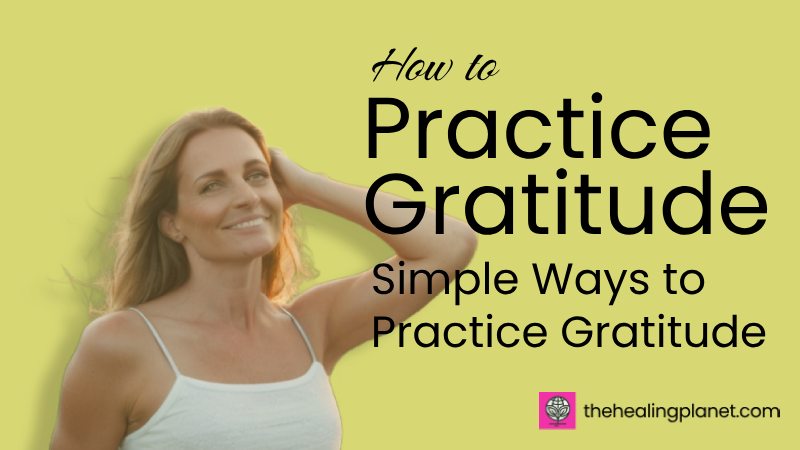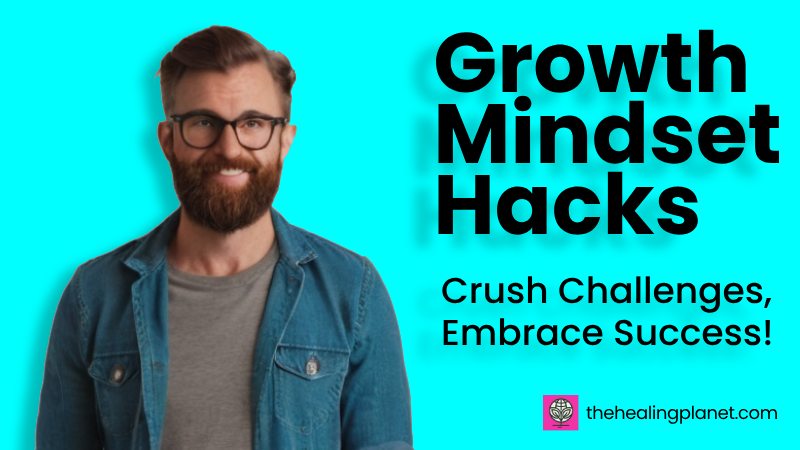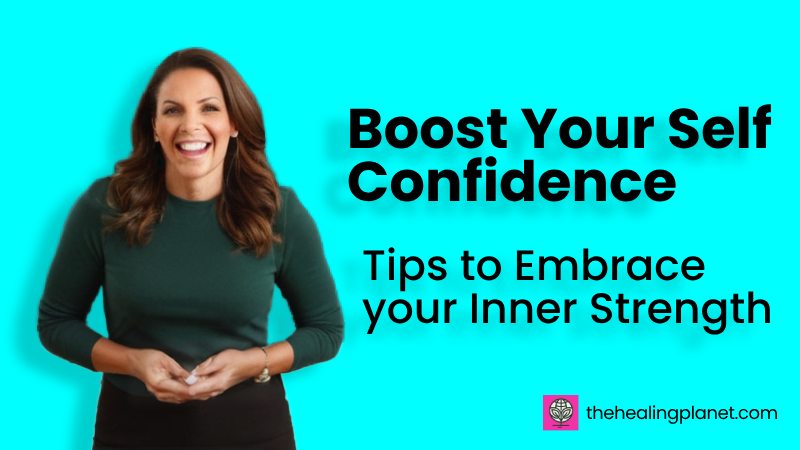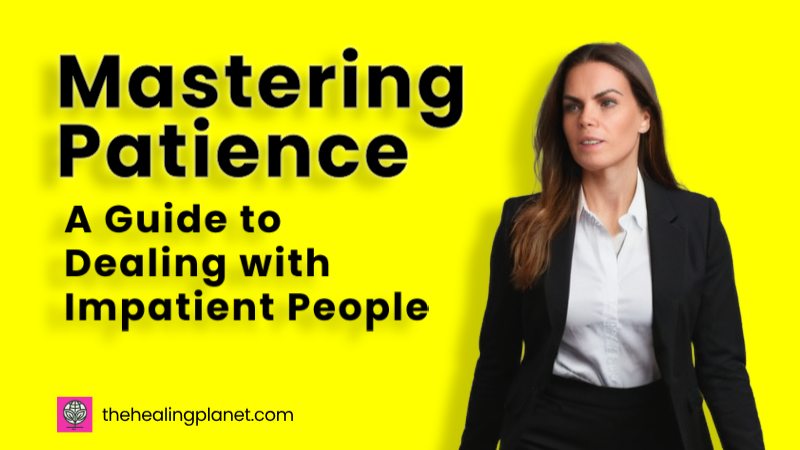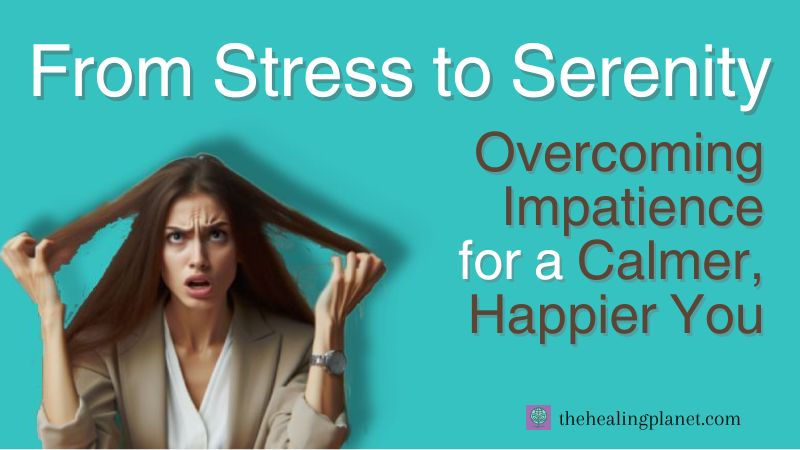Learn how to be intentional in every aspect of your life with this ultimate guide. Discover the benefits, principles, and practices of intentional living, and how to apply them in your daily routine.
Have you ever felt like you are living on autopilot, going through the motions of life without much thought or reflection? Have you ever wondered if there is more to life than just chasing deadlines, paying bills, and pleasing others? Have you ever dreamed of living a life that is true to yourself, your values, and your purpose?
If you answered yes to any of these questions, then you are not alone. Many people today are feeling overwhelmed, unsatisfied, and disconnected from their own lives. They are craving for a deeper and richer experience of life, one that is meaningful and fulfilling.
But how can we achieve such a life? How can we live in a way that reflects who we are, what we want, and why we want it? How can we live in a way that makes us happy, healthy, and productive?
The answer is simple, yet profound: by living intentionally.
Intentional living is the art of living with purpose, direction, and awareness. It is the practice of making conscious and deliberate choices that align with our values and goals. It is the habit of focusing on what matters most to us, rather than what others expect from us.
The Benefits of Intentional Living
Intentional living is the practice of living with purpose, direction, and awareness. It is the opposite of living on autopilot, where we go through the motions of life without much thought or reflection. Intentional living can improve the quality of your life in various aspects, such as:
- Happiness: Intentional living can increase your happiness by helping you focus on what matters most to you, rather than what others expect from you. It can also help you cultivate positive emotions, such as gratitude, joy, and peace, by being mindful of the present moment and appreciating what you have.
- Health: Intentional living can enhance your health by helping you make better choices for your physical and mental well-being. It can also help you reduce stress, anxiety, and depression by helping you cope with challenges and difficulties in a constructive way.
- Relationships: Intentional living can strengthen your relationships by helping you communicate more effectively, empathize more deeply, and respect more sincerely. It can also help you nurture meaningful connections with people who share your values and support your goals.
- Productivity: Intentional living can boost your productivity by helping you set clear and realistic goals, prioritize your tasks, and manage your time and energy. It can also help you achieve more by helping you overcome procrastination, distraction, and perfectionism.
These are just some of the benefits of intentional living. There are many more benefits that you can discover for yourself as you embark on your intentional living journey. To help you get started, let us look at some of the core principles that guide intentional living.
The Principles of Intentional Living
Intentional living is based on a set of principles that help you live with purpose, direction, and awareness. These principles are not rules or laws that you have to follow, but rather guidelines that you can adapt to your own situation and preferences. Here are some of the principles of intentional living:
- Self-awareness: Self-awareness is the foundation of intentional living. It is the ability to know yourself, your values, your strengths, your weaknesses, your passions, your goals, and your purpose. Self-awareness helps you understand who you are, what you want, and why you want it. It also helps you identify the areas in your life that need improvement or change.
- Setting intentions: Setting intentions is the process of defining your desired outcomes and actions. It is the act of creating a vision for your life and a plan for achieving it. Setting intentions helps you clarify what you want to accomplish and how you want to accomplish it. It also helps you align your actions with your values and goals.
- Mindful decision-making: Mindful decision-making is the practice of making conscious and deliberate choices. It is the skill of weighing the pros and cons, the costs and benefits, and the short-term and long-term consequences of your decisions. Mindful decision-making helps you make better decisions that serve your best interests and reflect your true self. It also helps you avoid regret, guilt, and resentment.
- Prioritizing values-based goals: Prioritizing values-based goals is the strategy of focusing on the most important and meaningful aspects of your life. It is the habit of setting and pursuing goals that are aligned with your core values and purpose. Prioritizing values-based goals helps you achieve more satisfaction and fulfillment in your life. It also helps you avoid wasting time and energy on things that do not matter to you.
- Simplifying life choices: Simplifying life choices is the technique of reducing the complexity and clutter in your life. It is the art of eliminating the unnecessary, the irrelevant, and the distracting from your life. Simplifying life choices helps you create more space and freedom in your life. It also helps you enjoy more quality and simplicity in your life.
These are some of the principles of intentional living. There are many more principles that you can learn and apply in your life. To help you do that, let us look at some of the practical strategies that can help you integrate intentionality into your everyday routines.
The Practices of Intentional Living
Intentional living is not only a concept or a philosophy, but also a practice and a lifestyle. It is something that you can do every day, in every moment, in every situation. Here are some of the practical strategies that can help you integrate intentionality into your everyday routines:
Cultivating gratitude
Cultivating gratitude is the practice of expressing appreciation for what you have and what you experience. It is the attitude of being thankful for the big and small things in your life. Cultivating gratitude helps you enhance your happiness, health, relationships, and productivity. It also helps you cope with challenges and difficulties in a positive way.
Here are five short questions that you can ask yourself to find things to be grateful for:
- What is something good that happened to you today?
- Who is someone who loves you and supports you?
- What is something that you enjoy doing or learning?
- What is something that you have that others may not have?
- What is something that you are looking forward to?
These are some of the questions that you can use to find things to be grateful for. You can also use other questions that are relevant to your situation and preferences. The key is to ask yourself these questions regularly and sincerely, and to write down or say out loud your answers. By doing so, you can enhance the quality of your life by cultivating gratitude. Practicing mindfulness: Practicing mindfulness is the practice of paying attention to the present moment, with curiosity and openness. It is the state of being aware of your thoughts, feelings, sensations, and surroundings. Practicing mindfulness helps you improve your self-awareness, decision-making, and goal-setting. It also helps you reduce stress, anxiety, and depression.
Using Meditation to be Intentional in Life
Meditation is the practice of focusing your attention on a single object, such as your breath, a word, a sound, or a sensation. It is the technique of calming your mind and relaxing your body. Meditation helps you live intentionally by enhancing your self-awareness, your intention-setting, and your decision-making.
- Self-awareness: Meditation helps you become more aware of your thoughts, feelings, sensations, and impulses. It helps you recognize your patterns, habits, and tendencies. It helps you understand your values, strengths, weaknesses, passions, and purpose. By increasing your self-awareness, meditation helps you live more authentically and confidently.
- Intention-setting: Meditation helps you create a clear and positive vision for your life. It helps you set realistic and meaningful goals that reflect your values and aspirations. It helps you align your actions with your intentions. By improving your intention-setting, meditation helps you live more deliberately and effectively.
- Decision-making: Meditation helps you make better choices that serve your best interests and reflect your true self. It helps you weigh the pros and cons, the costs and benefits, and the short-term and long-term consequences of your decisions. It helps you avoid regret, guilt, and resentment. By enhancing your decision-making, meditation helps you live more consciously and responsibly.
These are some of the ways that meditation helps you live intentionally. There are many more ways that you can discover for yourself as you practice meditation regularly. By doing so, you can improve the quality of your life by being intentional in your deeds.
Journaling
Journaling is the practice of writing down your thoughts, feelings, experiences, and insights. It is the tool of reflecting on your life and learning from it. Journaling helps you improve your self-awareness, intention-setting, and decision-making. It also helps you express your emotions, release your stress, and solve your problems.
Here are five short questions that you can ask yourself to journal effectively:
- What is something that challenged me today and how did I overcome it?
- What is something that I learned today and how can I apply it in the future?
- What is something that I did well today and how can I celebrate it?
- What is something that I need to improve on and how can I work on it?
- What is something that I am looking forward to tomorrow and why?
These are some of the questions that you can use to journal effectively. You can also use other questions that are relevant to your situation and preferences. The key is to ask yourself these questions regularly and sincerely, and to write down or say out loud your answers. By doing so, you can enhance the quality of your life by journaling.
Reading
The practice of consuming information, knowledge, and wisdom from various sources, such as books, articles, blogs, podcasts is a great way gain techniques to live a more intentional life. Reading helps you learn new things, discover new perspectives, and develop new skills. It also helps you stimulate your imagination, creativity, and curiosity.
Reading is a great way to learn more about intentional living and how to apply it in your life. There are many books that can inspire and guide you on your intentional living journey. Here are five of the best books on amazon.com about living intentionally:
As an affiliate l may earn earn commissions from qualifying purchases.
- Intentional Living: Choosing a Life That Matters by John C. Maxwell: This book helps you take the first steps to living a life that matters. It shows you how to identify your purpose, set your intentions, make your decisions, and pursue your goals. It also shares stories and examples of people who have achieved significance and created a lasting legacy by living intentionally.
- The Power of Intention: Learning to Co-create Your World Your Way by Wayne W. Dyer: This book teaches you how to tap into the power of intention, the invisible force that connects you to the source of all creation. It shows you how to align your thoughts, feelings, and actions with your highest self, and how to manifest your desires and dreams. It also offers practical exercises and meditations to help you live with intention.
- Essentialism: The Disciplined Pursuit of Less by Greg McKeown: This book challenges you to question the assumptions and expectations that drive your life. It shows you how to focus on the essential, the things that truly matter to you, and how to eliminate the non-essential, the things that distract you from your purpose. It also provides strategies and tools to help you simplify your life and live with intention.
- The Happiness Project: Or, Why I Spent a Year Trying to Sing in the Morning, Clean My Closets, Fight Right, Read Aristotle, and Generally Have More Fun by Gretchen Rubin: This book chronicles the author’s year-long experiment to find out what makes her happy. It shows you how to create your own happiness project, based on your personality, interests, and goals. It also offers tips and advice on how to live more intentionally and joyfully.
- Atomic Habits: An Easy & Proven Way to Build Good Habits & Break Bad Ones by James Clear: This book reveals the science and secrets behind habit formation and change. It shows you how to create and maintain habits that support your intentions and goals, and how to break habits that hinder your progress and happiness. It also gives you a framework and a system to help you live more intentionally and effectively.
These are some of the best books on amazon.com about living intentionally. There are many more books that you can explore and enjoy in your reading journey. The key is to find the ones that resonate with you and make them a part of your learning routine
These are some of the practices of intentional living. There are many more practices that you can explore and experiment with in your life. The key is to find the ones that work best for you and make them a part of your daily routine.
Be Intentional : Take Action
Now that you have learned about the benefits, principles, and practices of intentional living, you might be wondering how to start living intentionally. The answer is simple: take action. Intentional living is not something that you can achieve overnight, but rather something that you can develop over time. It takes time and effort to adopt intentional living habits, but the rewards are worth it. Here are some tips on how to take action and start living intentionally:
- Start small: You do not have to change everything in your life at once. You can start with one area, one goal, one habit, or one practice. You can start with something that is easy, simple, or fun. You can start with something that you are already doing, but do it more intentionally. The important thing is to start somewhere and build momentum.
- Be consistent: You do not have to do everything perfectly, but you have to do it regularly. You can set a schedule, a reminder, or a trigger for your intentional living habits. You can track your progress, celebrate your achievements, and reward yourself. You can also find an accountability partner, a coach, or a mentor to support you. The important thing is to be consistent and persistent.
- Be flexible: You do not have to stick to one plan, one method, or one outcome. You can adjust, adapt, and improvise as you go along. You can experiment, explore, and learn from your experiences. You can also embrace uncertainty, change, and failure as opportunities for growth. The important thing is to be flexible and resilient.
Your Next Step: How to Start Living Intentionally Today
You have learned a lot about intentional living and how it can improve the quality of your life. You have discovered the benefits, principles, and practices of living with purpose, direction, and awareness. You have also found some tips, tools, and resources to help you on your intentional living journey.
But learning is not enough. You need to take action. You need to make a choice. A choice to live intentionally, every day, in every moment, in every situation. A choice that can transform your life and the world around you.
Are you ready to make that choice? Are you ready to start living intentionally today? If yes, then we congratulate you. You have taken the first step towards creating a life that is meaningful and fulfilling. You have taken the first step towards living with intention.
We are here to support you, guide you, and cheer you on. We are here to help you along the way. Together, we can create a life that is meaningful and fulfilling. Together, we can live with intention.
Useful Resources for Intentional Living
If you want to learn more about intentional living and how to apply it in your life, here are some useful resources that you can check out:
- Intentional Living: Why and How to Start Acting with Purpose: This article explains what intentional living is, why it is important, and how it feels. It also provides some tips and suggestions on how to be intentional in everything you do.
- Intentional Living Practical Tips: This collection of articles will help you live on purpose, not on auto-pilot. It covers topics such as slow living, work-life balance, personal growth, goal-setting, journaling, and more.
- Be Intentional: 14 Ways to be Intentional Every Day: This article offers 14 simple ways to be intentional every day. It shows you how to be intentional with your time, your energy, your relationships, your health, your money, and your happiness.
- What Is Intentional Living? A Beginner’s Guide to Creating a Meaningful Life: This article provides a beginner’s guide to creating a meaningful life by living intentionally. It covers the benefits, principles, and practices of intentional living, and how to get started today.
- The Intentional Living Podcast: This podcast features interviews with experts and influencers who share their insights and stories on intentional living. It covers topics such as minimalism, mindfulness, productivity, wellness, and more.
These are some of the useful resources for intentional living. There are many more resources that you can explore and enjoy in your learning journey.


